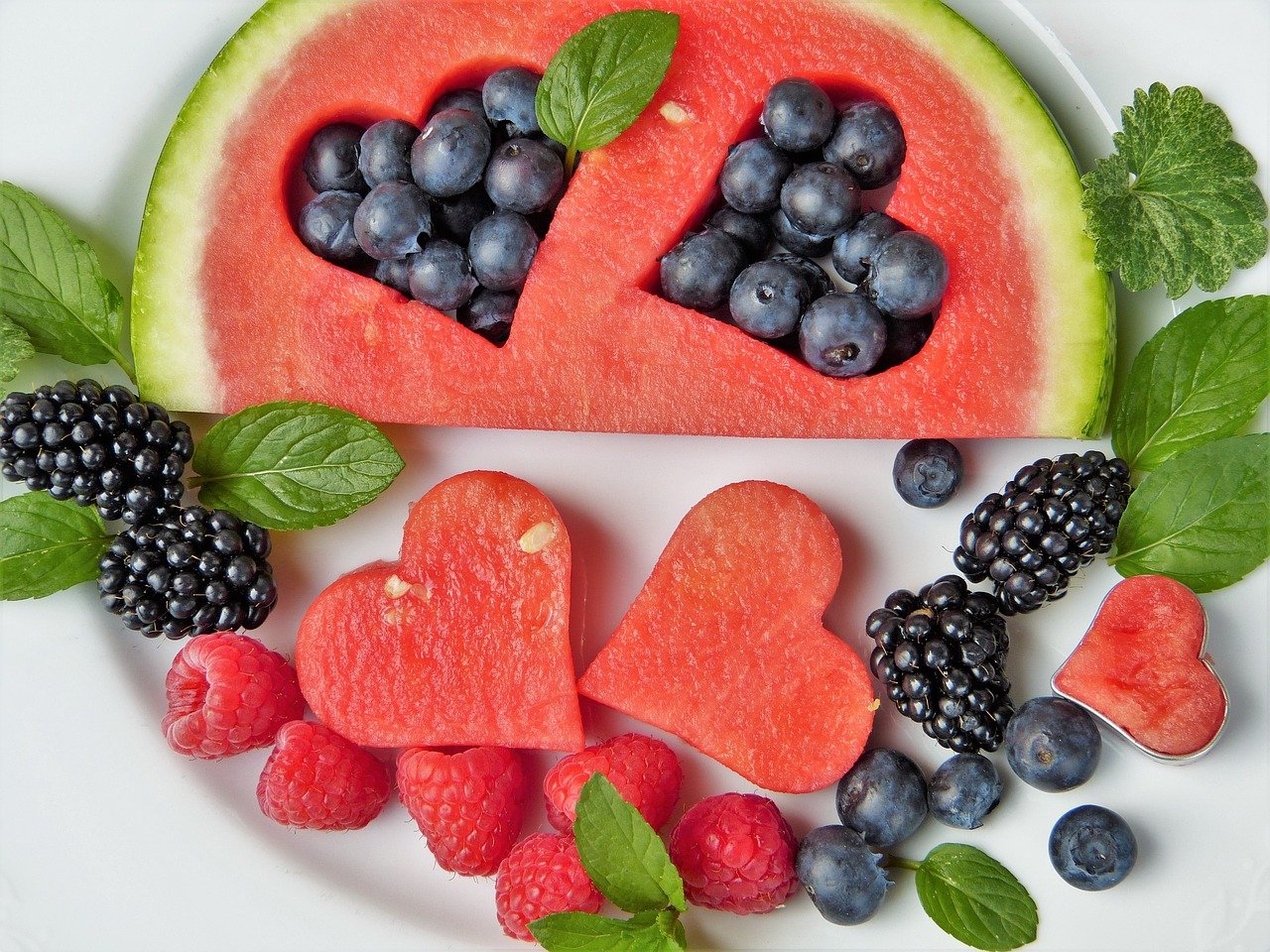Having worked around and studied the topic of sustained weight loss for over 30 years I have formulated ten common elements to the whole subject. I will give the conclusions first and the solutions following the first part.
1 The biggest determining factor to our weight is by far our parents attitude to eating and their weight issues. Nature and nurture are the same thing with this topic. A parent who is over weight can pass on their genes to their children but also usually pass on their eating habits also.
2 Weight loss and dieting are big business and thrives on people being unsuccessful in their quest for slimming.
3 Craving are the result of physical dependency and habits are the results of emotional dependency
4 Our ability to lose weight changes as we age.
5 People focus on food recipes and weighing themselves rather than the thinking that causes excessive eating.
6 Desire to lose weight is often a bereavement to our younger selves

7 Too much scientific information research etc. about the latest thing actually reduces our motivation to lose. People cannot decide what will work for them
8 Exercise only has a certain effect on weight loss as compared with what we put in our mouths
9 Certain foods cause anxiety and depression actually reducing our ability to motivate to slim.
Solutions.
1 Our upbringing once recognised can be overturned. The way we reduce our intake will directly affect our children’s attitude to food. One of the best times to work on our eating is when we have children as they will benefit from our lifestyle choices .
2 The weight loss industry represents billions of dollars a year and relies on our constantly failing so they can come up with the next thing to sell to us.
3 Physical cravings do not last long but the habits we have developed around eating does. We need focus on the emotional attachment to food and our general mental health and let the cravings take care of themselves. When we find something healthy that works, try to stick to it. Different systems work for different people so no method works for everyone. If you want to change, change your thinking rather than constantly changing your eating habits
4 It is certainly easier to lose weight when we are young but weight loss in older age is not impossible. We usually require less food and the weight will still come off if a bit slower
5 The more we focus on food the harder it is to lose weight. We must stop weighing ourselves and constantly analysing our diet all the time. We need to learn to relax with who we are and work on your emotional health which will have direct affect on our physical health
6 As we age we should embrace life more but when it comes to weight we constantly crave our youth where we were slimmer. Constantly looking backwards does not motivate us to further success. From today we should look forward and get all we can out of our lives now.
7 There is too much information about weight loss which is confusing. Each fad is supported by a plethora of scientific evidence which is later challenged by yet more scientists. As long we strive to eat a more balanced diet and generally eat less, much of rest is academic. I agree that certain medical conditions are related to diet and we should take notice of this but to become obsessed by every latest theory is ultimately counterproductive.
8 Exercise is good for you It keeps you healthy and improves longevity. However it is not a substitute to healthy eating and it will not lose us weight if we have a poor diet.
9 Un unbalanced gut will damage your cognitive function and poor diets can create depression which is a greatly demotivates us to losing weight so we need to think about the gut when choosing our eating to include foods that balance the bacteria in our digestive system.
For more information on the psychology of weightless get the book Get In Touch With Your Slimmer Self now available on Amazon.
Peter Bull

